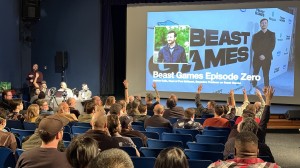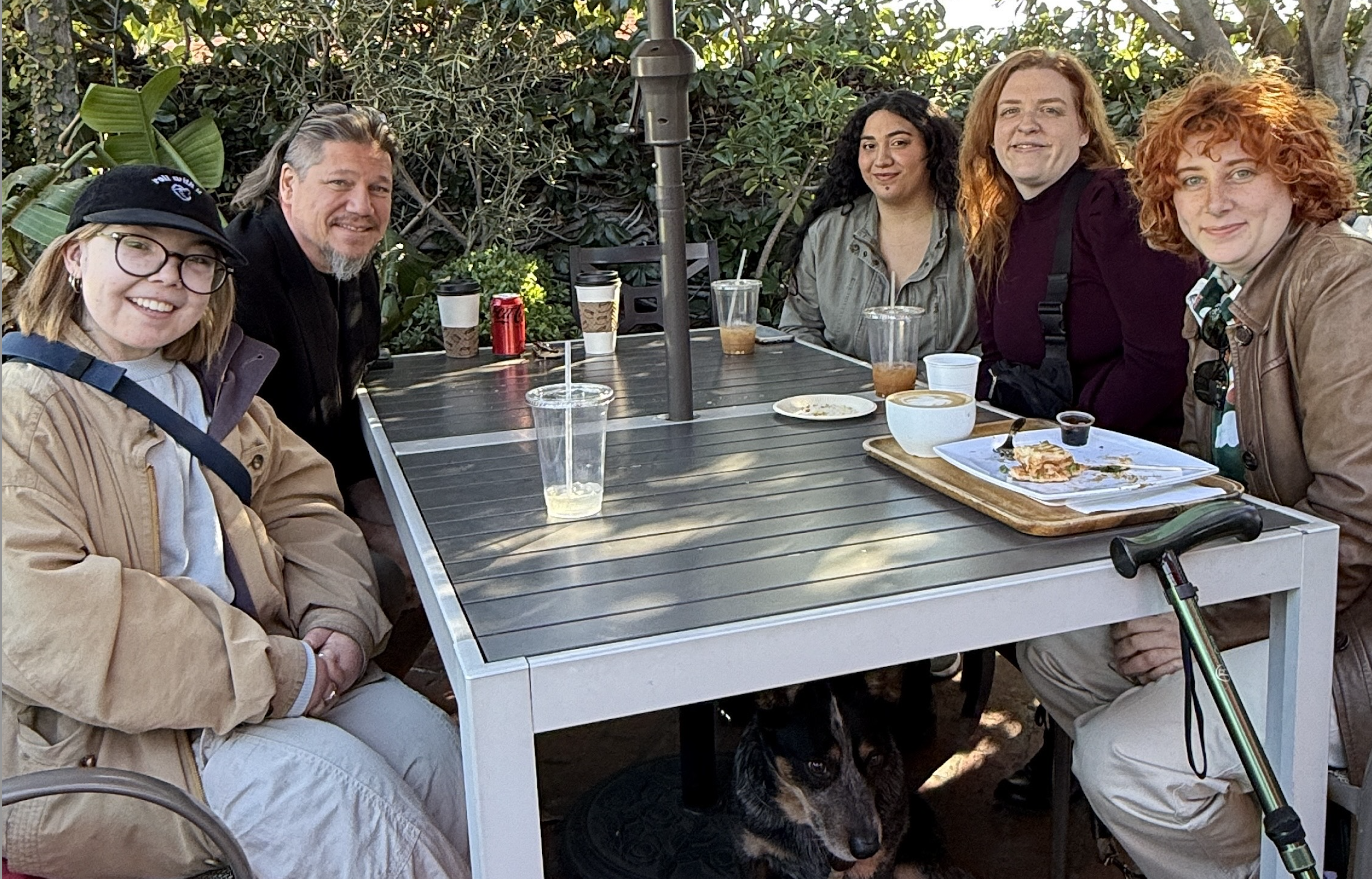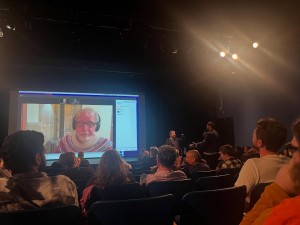This Morning’s Rabbit Hole
April 2nd, 2025I am studying Colin and Samir’s “50 in 5: Generate 50 High Viewership Video Ideas in 5 Days”.
Doing this, I wondered, “What platform would I want my community to be on?” This made me think, “What was that one platform that I thought would be cool? Oh yeah, Patreon.”
Going there to look it over, I found and was reminded that I am a member of Sven Pape’s “This Guy Edits” community there and I used to pay monthly to be a part of it. (I am also one of his first students on his “The Go-To Editor” course. Six years ago this May 1st (May 1, 2019), I wrote Sven a lengthy email about how I thought the obstacles were quite insurmountable in trying to become an editor but that he’d “inspired me to be a go-to editor.” I will have to say that everything I wrote in the letter is still true for me today and in fact, besides a few cool points of progress, I’d say it’s even harder today, six years later. (I know I’m not the only one in this boat.)
I noticed, as part of his higher Patreon membership tier, one of the bonuses was a “CASEY NEISTAT BONUS STORY”. On a whim, I decided to search Google for it and found this one on YouTube: “CASEY NEISTAT UNMASKED: His Editing & Storytelling“.
On the side suggestions, I saw and went to: “How Casey Neistat Turns ANYTHING Into a Movie Idea“.
On the side suggestions for that one, I saw: “Casey Neistat Studio Tour!”
Which reminded me that I liked this video by Dan Mace: “How to Master the Art of Filmmaking”
Scrolling down to try to find my comment I left on that video, I was distracted by this video suggestion: Tom Cruise challenges his cocky rookies for 10 Minutes | Top Gun 2: Maverick Best Scenes because who can’t get enough of Eddie Hamilton, ACE BFE ‘s editing!
And it’s not even noon yet. I’m sure I’ll have more rabbit holes today….



